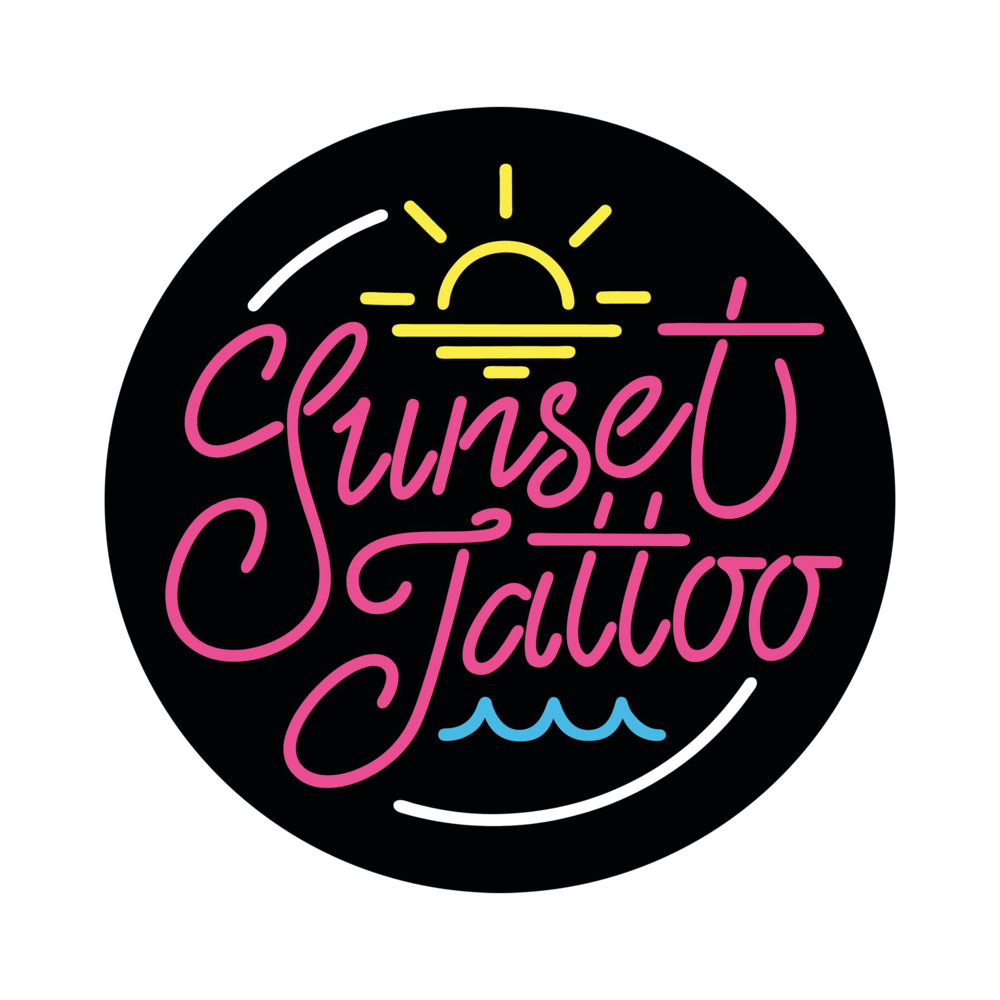The New Zealand Tattoo and Art Festival will be held at the TBS Stadium in New Plymouth for the 6th year running, and the guys from Sunset Tattoo will be there. The festival is being held this year on the weekend of the 26th & 27th November, and our three artists, Tom, Tristan and Fabian, will all be taking pre-bookings and walk-ups. But not only will the Sunset boys be heading down, we’re also packing a couple of aces up our sleeve. Regular guest artist Jacob Cross will be joining us, and the outstanding Makoto Horimatsu is flying over from Japan for this special occasion!
In only five short years, the festival has become Australasia’s biggest tattoo show, with over 250 artists and models attending. As usual, the standard of the artists attending is world class. The festival will see such names as Tommy Helm from Empire State Studio and Megan Massacre from Grit N Glory tattoo, both in New York. Also representing the States is Jesse Smith, from Loose Screw Tattoo, and Teresa Sharpe from Studio 13 Tattoo.
This year’s festival will have more entertainment than ever before! With Freestyle Motocross shows featuring Levi Sherwood, BMX from the Freestyle Lifestyle crew, live music from Ash Grunwald & Bleeders, live performances from LuckyHell & Elegy Ellem, ALC Ramp Riot mini ramp skate comp, Tattoo Competitions, retail stalls, food vendors, café & bar plus much more!
If you’re heading to New Plymouth for the festival, pre-book with one of our artists today! Simply email info@sunsettattoo.co.nz

